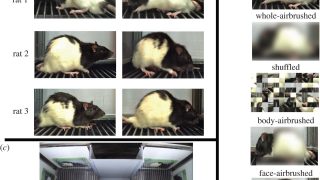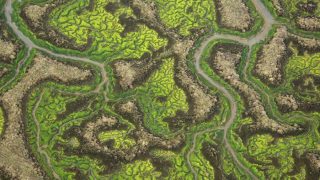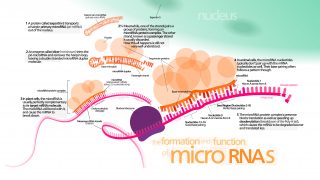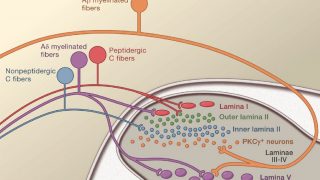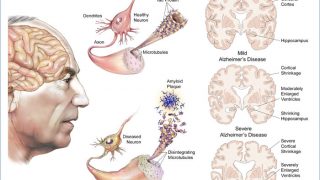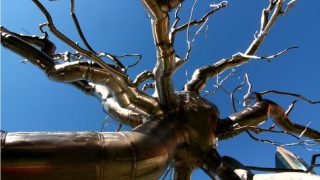
Cell therapy as a cure for chronic pain
The way we approach pain therapies doesn’t differ from the ones taken for other diseases. The aim is to look for molecular targets, which can be suitable for chemical intervention thoroughly assessing both efficacy and safety profiles for the drug, issues that are addressed throughout various stages of clinical trials. In the specific case of […]

